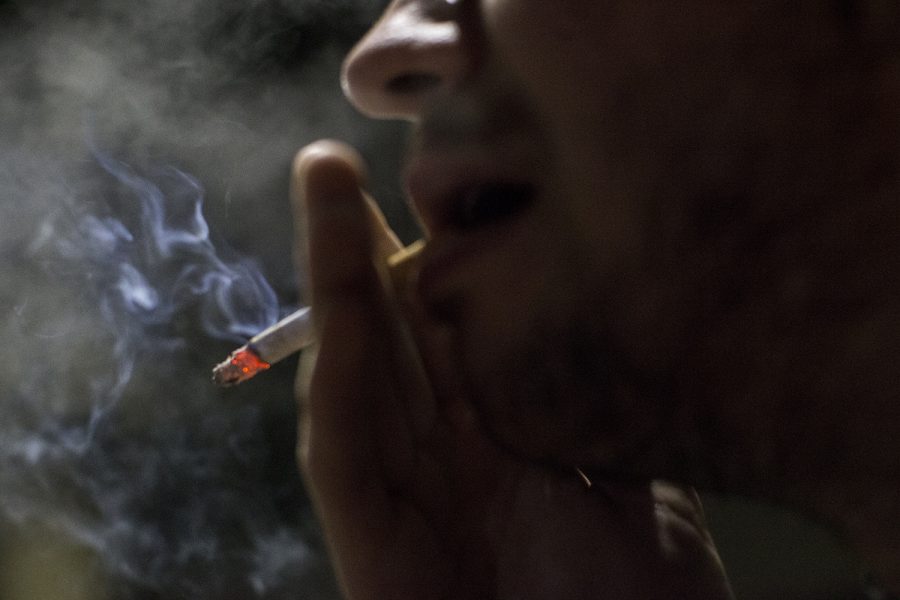The American Lung Association, or ALA, is urging Iowa to raise the tax on tobacco products after the state’s annual tobacco use reports growth in tobacco users.
The State of Tobacco Report grades all 50 states on tobacco policies and creates recommendations for the states based on their scores. The ALA describes Iowa’s residents’ tobacco use as “overwhelming.”
Iowa received the following scores for the 2024 report:
- Grade F for funding state tobacco prevention programs
- Grade B for the strength of smoke-free workplace laws
- Grade F for the level of state tobacco taxes
- Grade D for access to services to quit tobacco
- Grade F for overall ending the sale of all flavored tobacco products
Iowa’s tobacco report grades have remained the same since 2020, with only the strength of smoke-free workplace laws dropping from an A to a B.
Following the annual tobacco report results, the ALA issued a statement urging Iowa lawmakers to make a change. The tobacco tax has not been increased in 18 years, leaving Iowa charging a $1.36 tax on each pack of cigarettes. This is lower than the national average of $1.93 per pack.
The ALA reported that with every 10 percent increase in the price of cigarettes, consumption is reduced by about 4 percent among adults and 7 percent among youth. E-cigarettes are the only tobacco product that is not taxed in Iowa. By increasing taxes, the hope is tobacco use decreases.
The ALA also asks lawmakers to close the “loophole” for casinos in the Smokefree Air Act.
The American Lung Association has built a large platform on the dangers of smoking and tobacco in the U.S.
Kristina Hamilton, the ALA’s director of advocacy in Iowa, said the organization’s stance on tobacco use has not changed and will not change. She also said increasing taxes on tobacco products is proven to decrease the amount of those purchasing said products.
“Tobacco use causes a lot of death and disease, and it has been a long-time priority of the ALA to raise these taxes,” Hamilton said.
The chronic tobacco use issue in Iowa is long-lasting. Susan Vileta, a health educator for Johnson County’s Public Health Department, shared some insight on how increasing the tobacco tax would significantly reduce users.
“We’ve seen in the past that adjusting the price or tax is a very evidence-based solution that gets more people to quit and young people to never start,” she said. “It’s overdue for a tax increase.”
Vileta also shared some resources for individuals looking to quit smoking.
“Quitline Iowa is for anybody 18 and older, and it’s totally free,” she said. “My Life My Quit is a service for youth 13 to 17 years old. These programs are completely confidential as well. Everyone is motivated differently, but the important thing is that you keep trying.”
RELATED: Iowa eliminates 30-day eviction notice policy
Tobacco use concerns on college campuses have also risen, with an average of one out of four students being tobacco product users. The University of Iowa has a tobacco-free campus policy as part of the university’s commitment to creating a healthy campus for all members of the community and is designed to be supportive of overall health and well-being.
Justin R. Fraase, the senior director of strategic communications of the UI’s human resources department, wrote in an email to The Daily Iowan that the policy is frequently updated with the most recent update being in 2023.
The American Lung Association also has resources for those looking to quit smoking.
“The ALA has a number of tobacco cessation programs, including Freedom from Smoking,” said Hamilton. “We also have a nationwide helpline that people can contact to get support but also to learn what local resources are available to them. We encourage those who are smoking to talk to their health care provider about what resources they can provide.”



